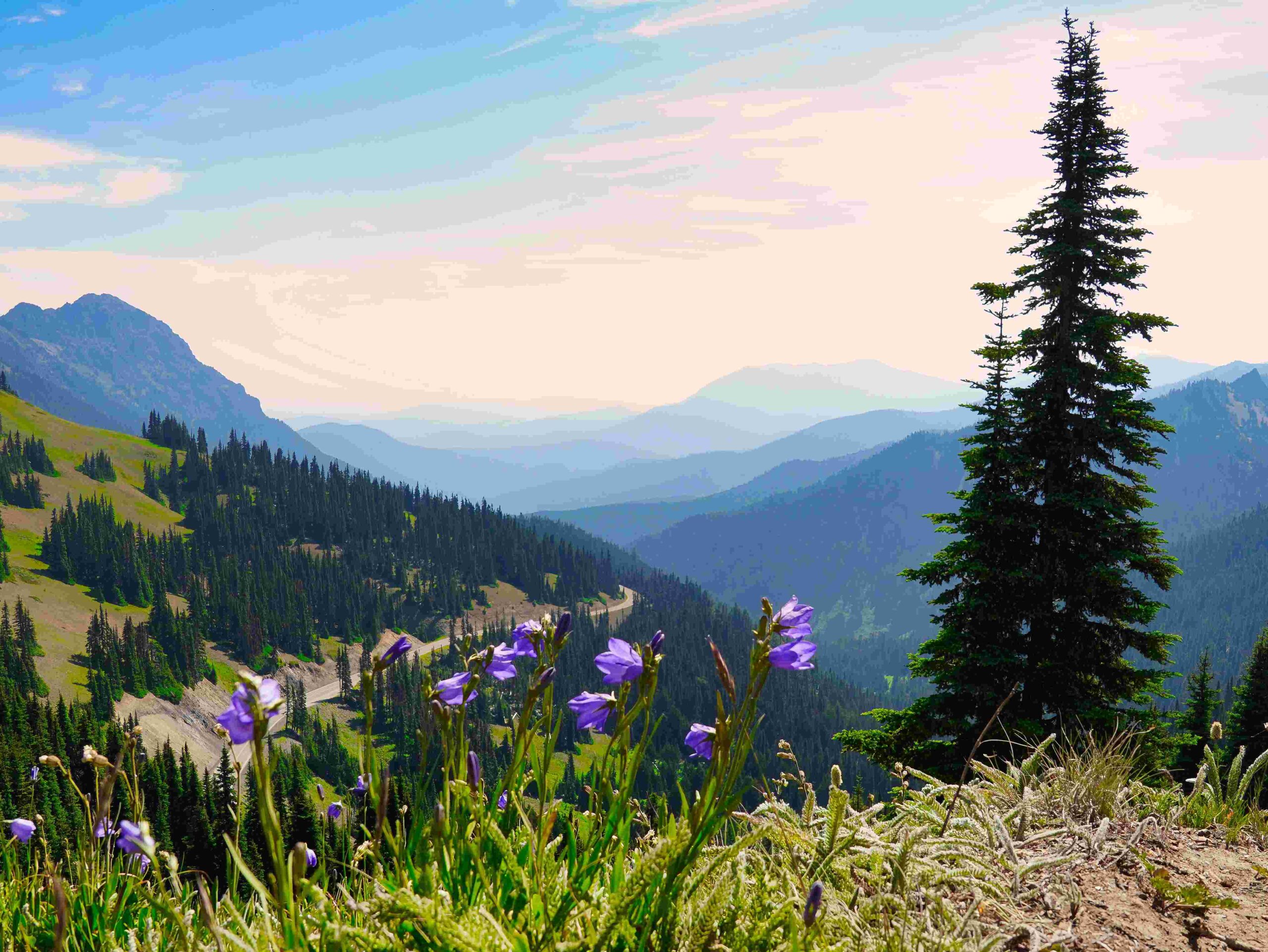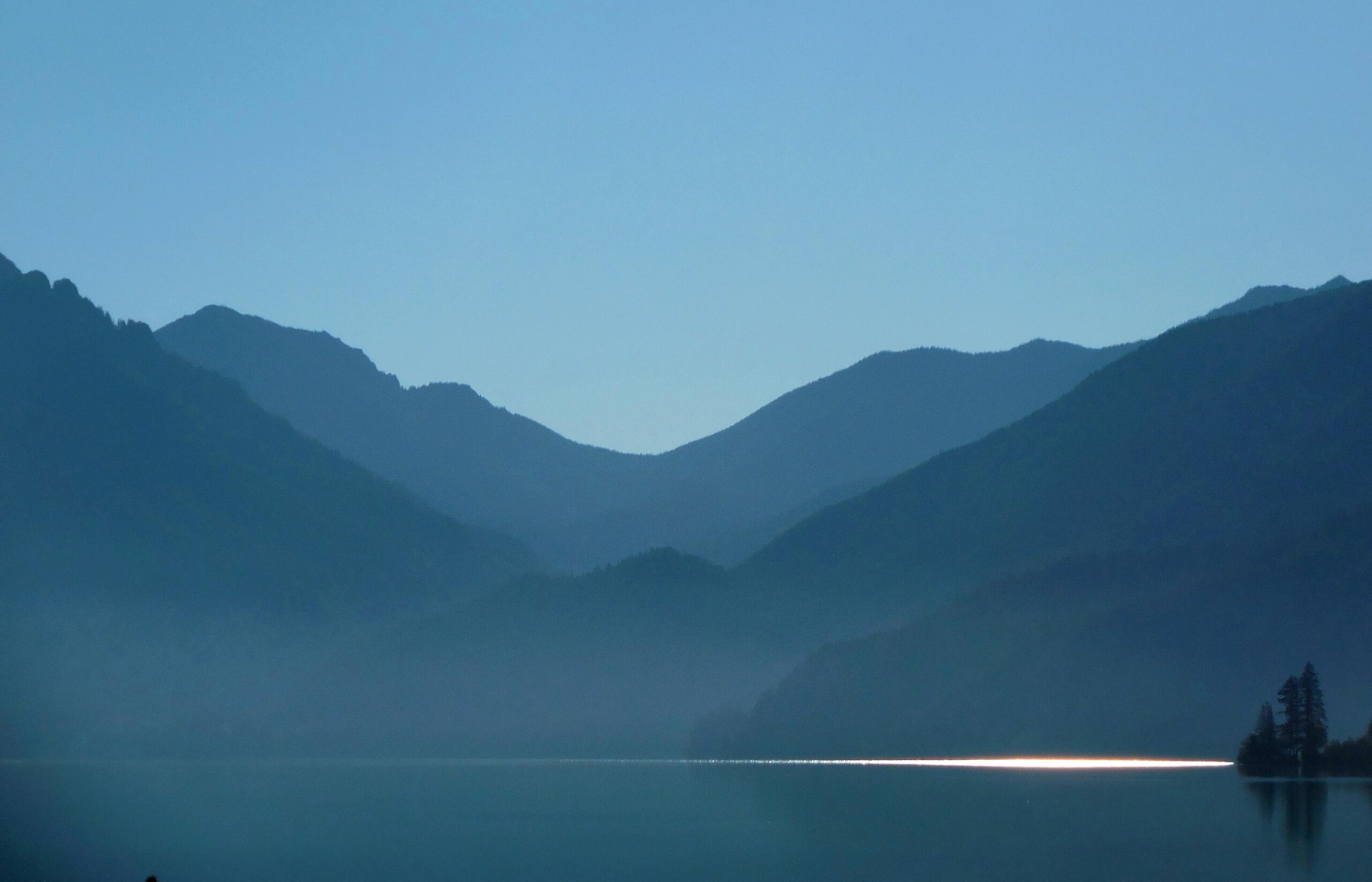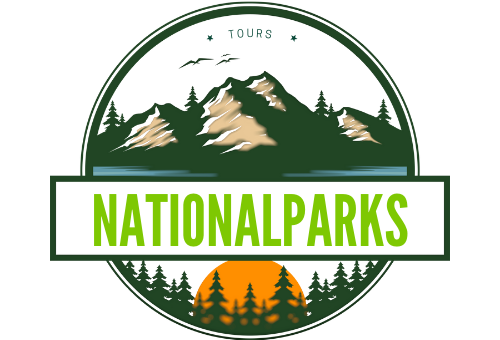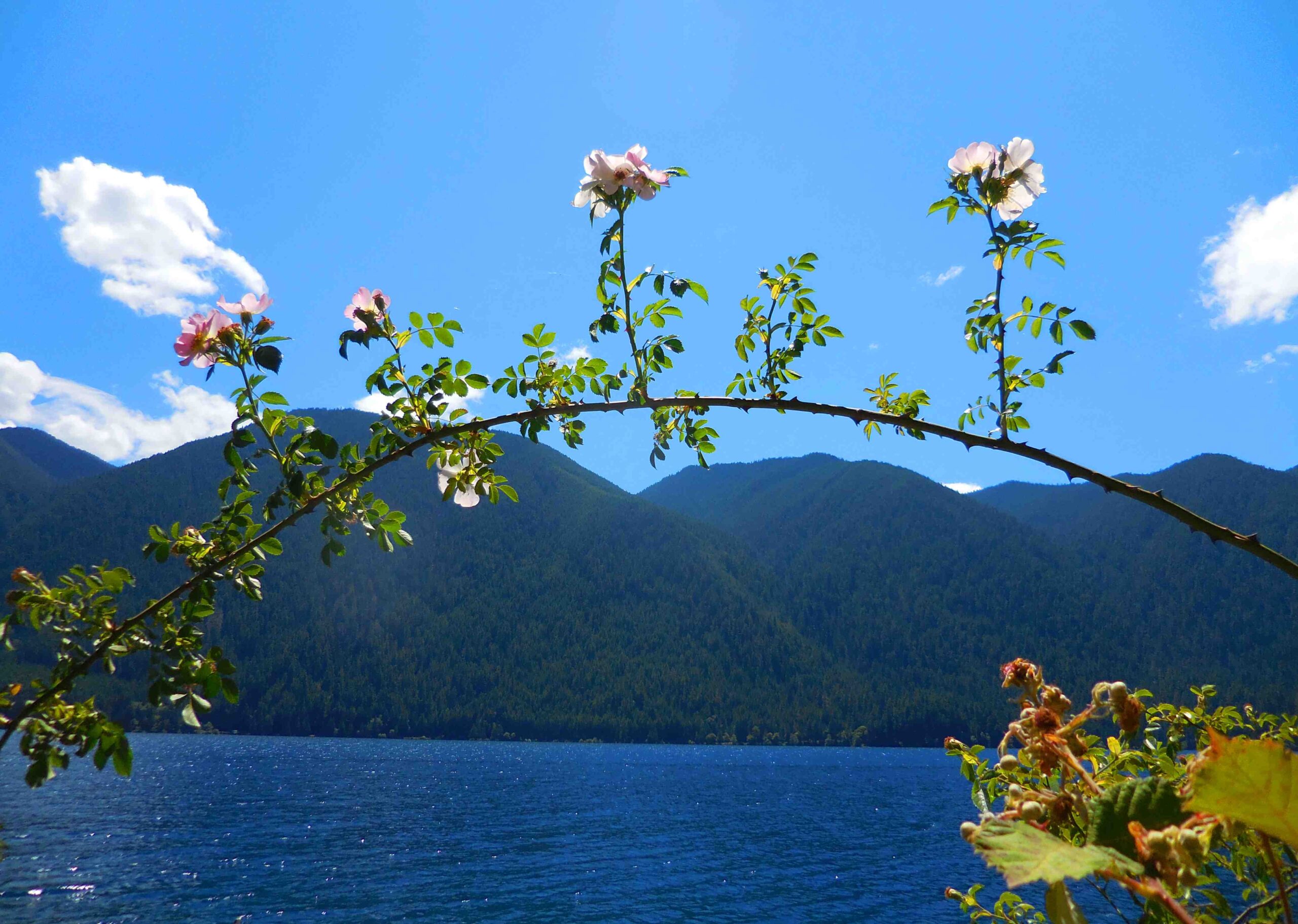Cell reception in Olympic National Park is notoriously limited due to its vast wilderness and rugged terrain. Visitors often find themselves without service in many areas of the park, particularly in backcountry and coastal regions. However, some developed areas and higher elevations offer better connectivity. This guide provides essential information on cell coverage, tips for staying connected, and key locations where you might find a signal within the park.
Where Can You Find the Best Cell Reception in Olympic National Park?

Olympic National Park’s cell coverage is sparse, but certain areas tend to have better reception:
- Visitor Centers
- Developed Campgrounds
- High Elevation Points
Here’s a more detailed breakdown:
| Location | Cell Reception | Notes |
|---|---|---|
| Olympic National Park Visitor Center | Good | Best place for reliable service |
| Hurricane Ridge | Fair to Good | Higher elevation improves chances |
| Kalaloch Campground | Fair | Better near Kalaloch Lodge |
| Lake Quinault Area | Fair | Varies depending on exact location |
| Backcountry Areas | Poor to None | Most wilderness areas lack coverage |
What Are the Best Tips for Improving Cell Reception in the Park?

To enhance your chances of staying connected:
- Use a signal booster
- Choose a device with good reception capabilities
- Download offline maps before entering the park
- Seek high ground when possible
- Check with park rangers for updated information on coverage areas
Which Cell Carriers Offer the Best Coverage in Olympic National Park?
While no carrier offers comprehensive coverage throughout the park, some perform better than others:
- Verizon: Generally considered to have the best coverage, though still limited
- AT&T: Offers some coverage in developed areas
- T-Mobile and Sprint: Very limited coverage, mostly in areas close to towns
It’s important to note that even with the best carriers, large portions of the park remain without service.
What Should You Do If You Can’t Get Cell Reception in Olympic National Park?
When cell service is unavailable:
- Use satellite communication devices for emergencies
- Rely on physical maps and compasses for navigation
- Inform someone of your itinerary before entering the park
- Carry a personal locator beacon for safety
- Use park-provided emergency phones where available
Are There Any Specific GPS Coordinates for Good Cell Reception Spots?
Unfortunately, there are no officially documented GPS coordinates for optimal cell reception in Olympic National Park. Reception can vary greatly even within short distances due to the park’s topography. However, these general areas tend to have better chances for a signal:
- Near the Olympic National Park Visitor Center (48.0977° N, 123.4284° W)
- Hurricane Ridge Visitor Center area (47.9692° N, 123.4983° W)
- Kalaloch Lodge vicinity (47.6085° N, 124.3730° W)
How Does Cell Reception Affect Emergency Services in the Park?
Limited cell reception in Olympic National Park has significant implications for emergency services:
- Park rangers rely more on radio communication
- Visitors are encouraged to carry alternative communication devices
- Emergency response times may be longer in areas without cell coverage
- Self-reliance and proper preparation are crucial for park visitors
What Amenities Support Cell Reception in Olympic National Park?
While the park doesn’t provide specific cell reception amenities, certain facilities indirectly support connectivity:
- Visitor Centers: Often located in areas with better reception
- Olympic National Park Visitor Center: 3002 Mount Angeles Road, Port Angeles, WA 98362
-
Open daily, hours vary by season (typically 9 AM to 4 PM)
-
Developed Campgrounds: May have better reception than remote areas
-
Kalaloch Campground: Located near Kalaloch Beach, known for fair cell service
-
Lodges and Resorts: Often situated in areas with some cell coverage
- Kalaloch Lodge: Often has cell service in the immediate vicinity
How Has Cell Reception in Olympic National Park Changed Over Time?
Cell reception in Olympic National Park has seen gradual improvements:
- Early 2000s: Virtually no coverage throughout the park
- 2010s: Limited coverage introduced in some developed areas
- Present: Improved coverage in specific locations, but still limited overall
However, the park’s commitment to preserving wilderness means that extensive cell coverage is unlikely to be implemented across the entire park.
What Are the Future Plans for Improving Cell Reception in Olympic National Park?
While there are no specific public plans for major improvements to cell reception in Olympic National Park, ongoing discussions include:
- Potential for limited expansion of coverage in developed areas
- Balancing connectivity needs with wilderness preservation
- Exploring alternative communication methods for emergency services
The park service continues to prioritize visitor safety while maintaining the park’s natural character, which may limit extensive cell coverage expansion.

